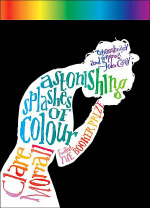 Yet another working weekend, but this time I'm having fun. Today I was writing about Iceland, a place I'd love to visit. In fact, I've found a package tour for $449--three nights in Reykjavik, three Scandinavian breakfasts, a few tours, and airfare included. (Look under "Special Tours" and click on "Honeymoon Express." I can't do three nights in a decent hotel in New York for that price. The only hitch? It's in February! And I'll also bet they won't let me do it as a single. (Ken says he'll bow out of this lunacy.) But stay tuned in the days to come for the juicier details that have me actually considering it.
Yet another working weekend, but this time I'm having fun. Today I was writing about Iceland, a place I'd love to visit. In fact, I've found a package tour for $449--three nights in Reykjavik, three Scandinavian breakfasts, a few tours, and airfare included. (Look under "Special Tours" and click on "Honeymoon Express." I can't do three nights in a decent hotel in New York for that price. The only hitch? It's in February! And I'll also bet they won't let me do it as a single. (Ken says he'll bow out of this lunacy.) But stay tuned in the days to come for the juicier details that have me actually considering it.
I've been meaning to write about the adventures of Clare Morrall, the first-time novelist who was short-listed for the Booker Prize in 2003. Her book, Astonishing Splashes of Color, was published in the U.S. this year. What I find so interesting is the story of her path to publication. It's the "out of nowhere a writer emerges" kind of story, which I love. Even better, Morrall was fifty-one when she published it. As I've noted here before, there's nothing that gets the old blood circulating faster than a late-bloomer success story.
 Ken and I enjoyed an international Thanksgiving yesterday at Tom and Lek's house. Of the eleven people present, only three were native-born Americans. Lek (who hails from Thailand) had invited four young women and a young man from Thailand, a young man from Burma, and, of course, Da (Lek's sister) and her boyfriend Moshe from Israel. We were a spirited, fun group yesterday, and I'm sure I'm not just speaking for myself when I say I had a blast. There were actually two feasts--one Thai, the other a traditional Thanksgiving with all the fixings. Lek is an astounding cook who has mastered the cuisine of many countries. I ate both spreads, since I love Thai food and everything Thanksgiving. What was so much fun is that nearly everyone (except for Lek) knew only one or two of the people present, and everyone was open to meeting new folks.
Ken and I enjoyed an international Thanksgiving yesterday at Tom and Lek's house. Of the eleven people present, only three were native-born Americans. Lek (who hails from Thailand) had invited four young women and a young man from Thailand, a young man from Burma, and, of course, Da (Lek's sister) and her boyfriend Moshe from Israel. We were a spirited, fun group yesterday, and I'm sure I'm not just speaking for myself when I say I had a blast. There were actually two feasts--one Thai, the other a traditional Thanksgiving with all the fixings. Lek is an astounding cook who has mastered the cuisine of many countries. I ate both spreads, since I love Thai food and everything Thanksgiving. What was so much fun is that nearly everyone (except for Lek) knew only one or two of the people present, and everyone was open to meeting new folks.
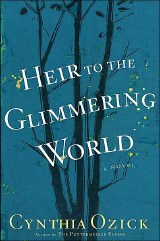 I'd be the last person to recommend USA Today as a daily read for news, but do you know they've expanded their
I'd be the last person to recommend USA Today as a daily read for news, but do you know they've expanded their 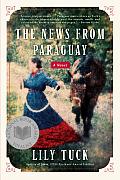 I'm glad that the National Book Awards are over because I am so tired of all the redundant literary blogging about the controversy surrounding the selection of this year's nominees. Can't we move on? I will say, however, that I have the winner, Lily Tuck's
I'm glad that the National Book Awards are over because I am so tired of all the redundant literary blogging about the controversy surrounding the selection of this year's nominees. Can't we move on? I will say, however, that I have the winner, Lily Tuck's  I can't wait to read The Future of Ice by
I can't wait to read The Future of Ice by 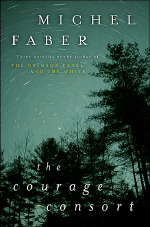 I was digging the web high and low for recent information about
I was digging the web high and low for recent information about  So who else is from Zimbabwe? Why,
So who else is from Zimbabwe? Why, 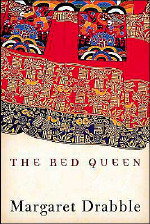 I visited
I visited 
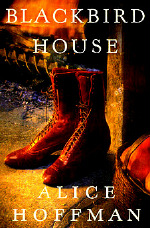 I have never blogged a word about
I have never blogged a word about 
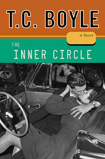 As a devoted
As a devoted 
